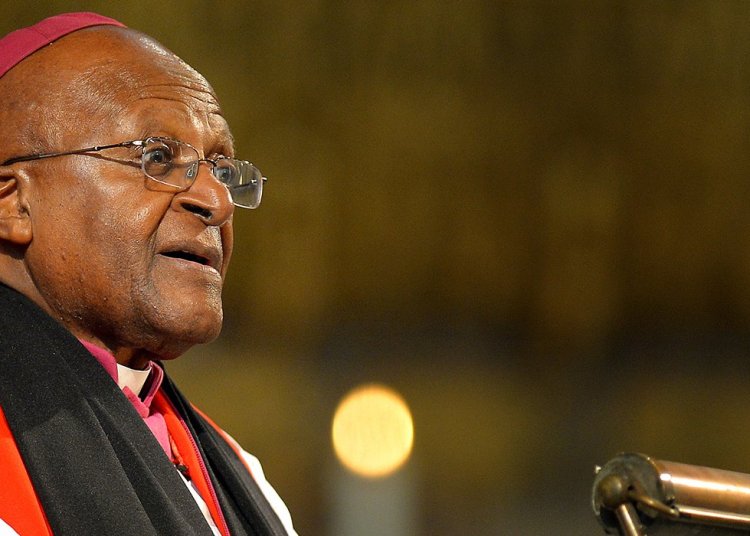Since the death of South African cleric and anti-apartheid icon, Archbishop Desmond Tutu, on Sunday at the ripe age of 90, tributes have been pouring in from all around the world. They all describe him in colourful lines as a man that lived an extraordinary life.
Desmond Tutu is highly acclaimed for playing a key role in dismantling apartheid in South Africa, for his tireless campaign for social justice, and the admirable work he did chairing the nation’s Truth and Reconciliation Committee during the Nelson Mandela administration, providing healing, closure, and direction for his country and the world post-Apartheid.
On October 16, 1984, Tutu was awarded the Nobel Peace Prize for his “role as a unifying leader figure in the campaign to resolve the problem of apartheid in South Africa.”
President Muhammadu Buhari said the death of the iconic teacher, human rights activist, leader of thought, scholar, and philanthropist further creates a void in a world in dire need of wisdom, integrity, courage, and sound reasoning, which were qualities he typified and exemplified in words and actions.
He recalled the critical role Archbishop Tutu played in the fight against apartheid during which he endured physical assaults, jail terms, and prolonged exile, a struggler that transcended his calling at the pulpit to achieve global, political relevance.
On his part, former President Olusegun Obasanjo recalled Tutu’s “uncommon solidarity and the deep passion with which he argued Nigeria’s case for full debt cancellation by the contents of his letter to Mr. Gordon Brown, the then United Kingdom’s Chancellor of the Exchequer, during my administration as the President of Nigeria.”
South African President Cyril Ramaphosa called Tutu “a patriot without equal, a man of extraordinary intellect, integrity and invincibility against the forces of apartheid” and a man who showed infinite compassion for victims of oppression, injustice, and violence under apartheid and the oppressed and downtrodden people around the world.





